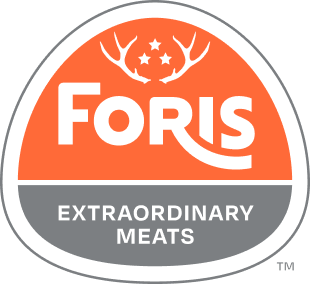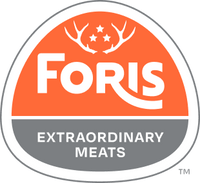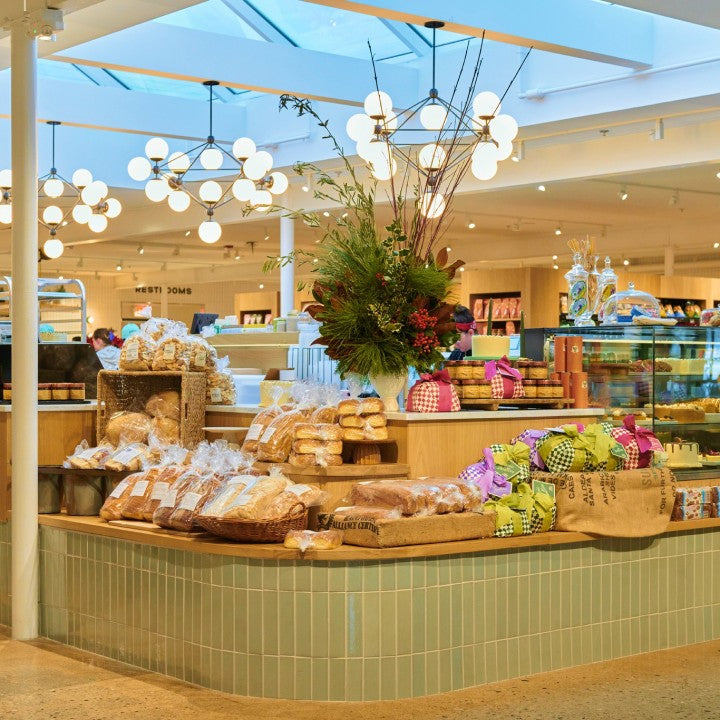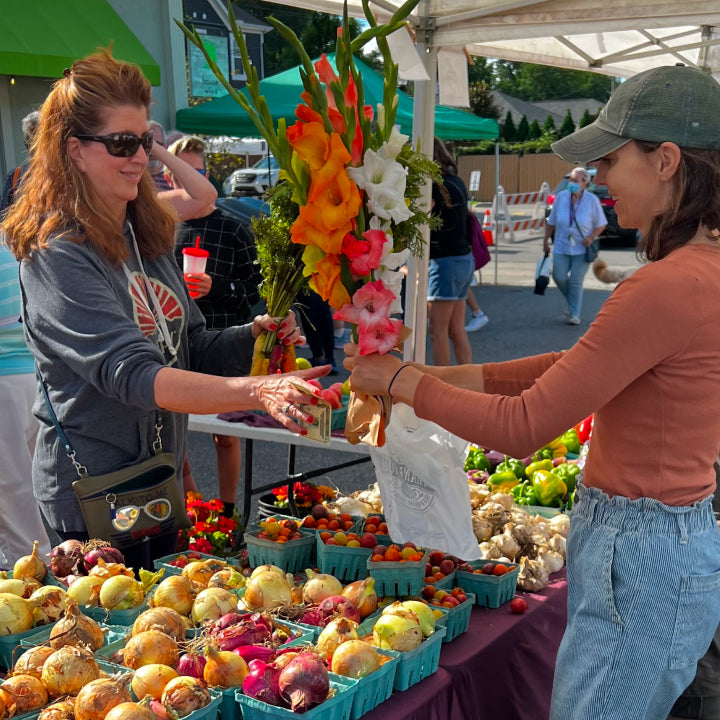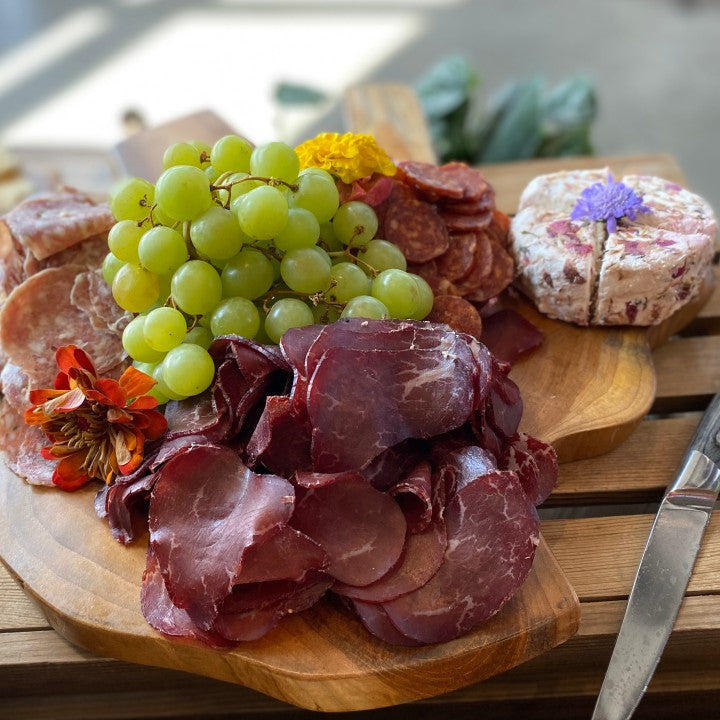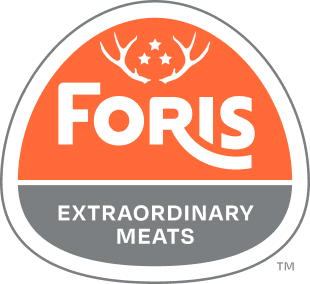Salami-maker North Country Charcuterie navigating Covid-19 with new products and partnerships
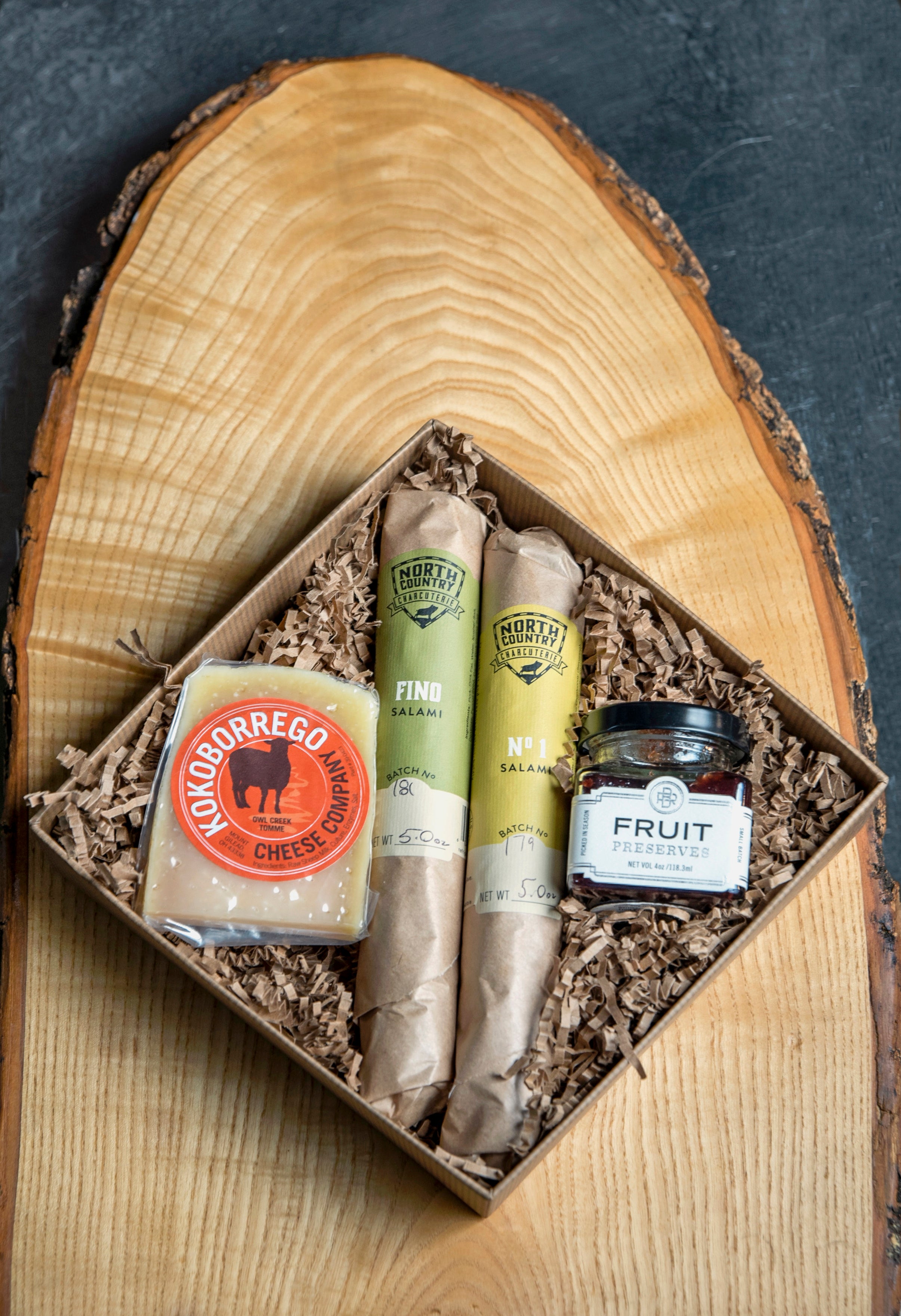
If someone said last year that 50% of its 2020 sales would come from online, the salami makers at North Country Charcuterie would have been ecstatic.
Brothers Duncan Forbes and James Forbes and mother Jane Forbes built the six-year-old business almost literally link-by-link selling to restaurants, distributors and markets. Its business has grown throughout the Midwest as well as in and around Washington D.C., California, Colorado, Tennessee and North Carolina.
This year the focus was on growing its direct-to-consumer sales. The good news is that’s now 50% of the business.
But there’s the Covid-19 catch — those sales are filling a void created by the temporary loss of much of its restaurant sales.
“Last year our online sales were 5% versus 50% for restaurants,” Forbes said. “That’s flipped.”
“That’s a pretty gaping hole in our revenue,” Forbes said.
It also had 5,000 pounds of cured meat intended for restaurants that now didn’t need it. But a combination of product innovation and new relationships has helped the business maintain through these lean months.
Jane Forbes decided to add cheese and jam or mustard from partners like Black Radish Creamery and turn those salamis into home charcuterie kits for direct sales online. An herbed wagyu bresaola intended for restaurants was diverted to Weiland’s Market in Clintonville where it could be sliced and sold for customers.
When neighbor Watershed Distillery began selling hand sanitizer and demand was so great lines stretched around the block, Duncan Forbes went car-to-car passing out menus and taking orders and delivering salami to the waiting customers.
“Most of them weren’t familiar with us,” he said. “There were a lot of people who’d come in from around the state. That was exhausting work, but we got new customers.”
While other meat businesses were challenged when processing plants went down, North Country’s smaller supply chain became an advantage because it remained intact, which also helped it pick up new business.
North Country struck up several delivery partnerships with companies like Yellow Bird Food Shed and Market Wagon. The latter helped expand sales in Cincinnati and Cleveland. It teamed up with several breweries to include its products alongside deliveries of beer, including Wolf’s Ridge, Seventh Son and Parsons North.
“It’s funny, some of the positive outcomes that will come about because of this change,” Forbes said.
After halting production for March and April to focus on moving existing inventory, production restarted in June. Employment was eight including the three family members pre-pandemic. It’s now five. The business is hiring for open positions.
North Country also turned to new products. Bacon and a new assortment of sausages — breakfast, hot Italian, chorizo — are now available through its delivery partners and at some stores. Forbes said they hope to be able to ship some of that product themselves by the fourth quarter.
After being on hold for months, two of North Country’s larger distribution customers have begun ordering again. That’s good for some of North Country’s other markets, particularly Michigan, where its products have been a hit in small chains like Westborn Market and Plum Market.
Forbes said their Central Ohio restaurant business remains stagnant. Farmers markets returned and the grocery business remains steady.
“We’re feeling a lot better,” he said. “We started selling one link at a time. We grew to selling pallets. Then we went back to selling one link. We’re slowly getting back to pallets.”
